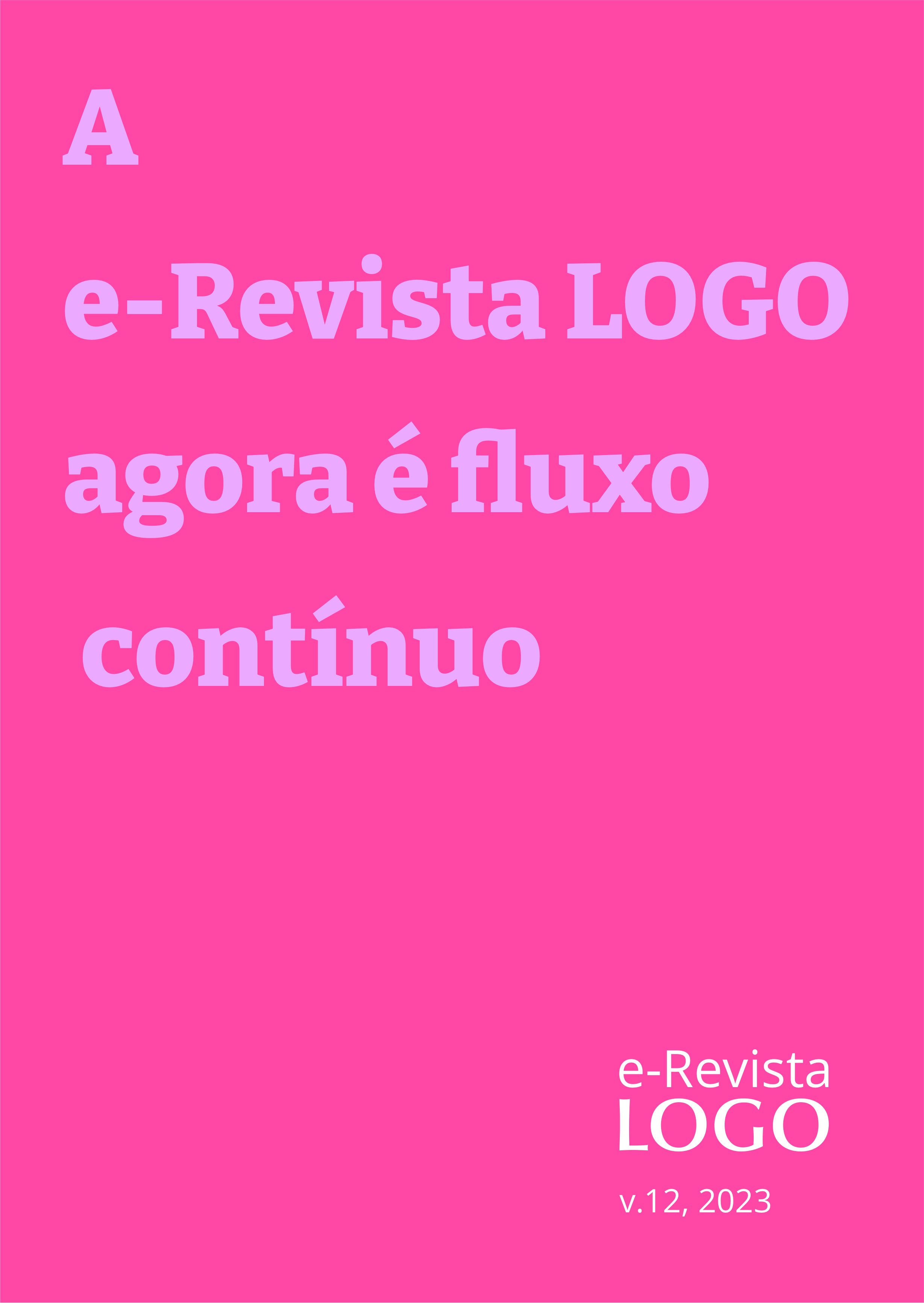Socio-environmental sustainability and Upcycling of health service waste towards sustainability: Reuse of Spundbond Meltblown Spundbond (SMS)
Resumo
This work aimed to define the steps for the Safe Capture of post-consumer Spundbond Meltblow Spundbond (SMS) non-woven fabric, and to estimate the generation of this material providing conditions for new uses through upcycling in a Surgical Center of a public hospital for means of application in socio-environmental projects. This is a descriptive, exploratory longitudinal study with a quantitative approach. As a result, a proposition was obtained for a new separation system for specific medical waste that is difficult to recycle, called Safe Capture in the Operating Room, as well as the implementation of SMS reuse in new products developed through upcycling, such as ecobags for make available to patients at the University Hospital of Londrina- HU. With the estimated generation of 140.89 grams per surgery or 18 SMS blankets of different sizes, the possibility of planning a storage infrastructure for this material for use in socio-environmental projects was envisaged through the development of products based on upcycling with focus on the circular economy, in this case reported and already implemented, the creative sewing workshop in partnership with the State Penitentiary of Londrina-PEL 02 where 3000 ecobags are made per month to store the belongings of patients, which caused a reduction of a portion of waste that would go to the infectious waste collector and, at the same time, replaced the use of plastic bags with ecobags, reducing costs. Currently, the possibility of using SMS has been expanded to other application niches such as interior design and the pet market, in partnership with the Veterinary Hospital of the State University of Londrina, which will revert part of the income from sales of pet products so that the Muda Project have a self-management for the purchase of new equipment and trimmings for the manufacture of products.
Downloads
Publicado
Edição
Seção
Licença
Copyright (c) 2023 e-Revista LOGO

Este trabalho está licenciado sob uma licença Creative Commons Attribution 4.0 International License.
This journal, following the recommendations of the Open Access movement, provides public access to all its content, following the principle that free access to research generates a greater global exchange of knowledge. Such access is associated with the reading and citing an author's work.
The author must ensure:
-
that there is a full consensus of all co-authors in approving the final version of the document and its submission for publication.
-
that their work is original, and if the work and / or words of other people were used, they were duly recognized.
Plagiarism in all its forms constitute unethical publication behavior and is unacceptable.
The articles and other published works, become the property of the journal.
The contents of e-Journal LOGO are licensed under a Creative Commons License 4.0 by. It reserves the right to use software or other methods of detecting plagiarism to analyze the submitted works.
Under the license you have the right to:
- Share - copy and redistribute the material in any media or format
- Adapt - remix, transform, and create from material to any purpose, even if commercial.
- The licensor can not revoke these rights as long as you respect the license terms.
According to the following terms:
- Assignment - You must give the appropriate credit, provide a link to the license and indicate if changes have been made. You must do so in any reasonable circumstance, but in no way do you suggest to the licensor to support you or your use.
- No additional restrictions - You may not apply legal terms or technological measures that legally restrict others from doing anything that the license permits.
The authors of papers submitted to the e-Journal LOGO authorize their publication in physical and electronic media for academic purposes. The authors also agree on the distribution of articles by national and international indexing databases, whether or not for profit, and can be reproduced as long as the source is cited.
O autor deve garantir:
- que haja um consenso completo de todos os coautores em aprovar a versão final do documento e sua submissão para publicação.
- que seu trabalho é original, e se o trabalho e/ou palavras de outras pessoas foram utilizados, estas foram devidamente reconhecidos.
Plágio em todas as suas formas constituem um comportamento antiético de publicação e é inaceitável.
Os artigos e demais trabalhos publicados, passam a ser propriedade da revista.
Os conteúdos de e-Revista LOGO estão licenciados sob uma Licença Creative Commons 4.0 by. Reserva-se o direito de usar software ou otros métodos de detecção de plágio para analisar os trabalhos submetidos.
Segundo a licença você tem direito de:
- Compartilhar — copiar e redistribuir o material em qualquer suporte ou formato
- Adaptar — remixar, transformar, e criar a partir do material para qualquer fim, mesmo que comercial.
- O licenciante não pode revogar estes direitos desde que você respeite os termos da licença.
De acordo com os termos seguintes:
- Atribuição — Você deve dar o crédito apropriado, prover um link para a licença e indicar se mudanças foram feitas. Você deve fazê-lo em qualquer circunstância razoável, mas de maneira alguma que sugira ao licenciante a apoiar você ou o seu uso.
- Sem restrições adicionais — Você não pode aplicar termos jurídicos ou medidas de caráter tecnológico que restrinjam legalmente outros de fazerem algo que a licença permita.


